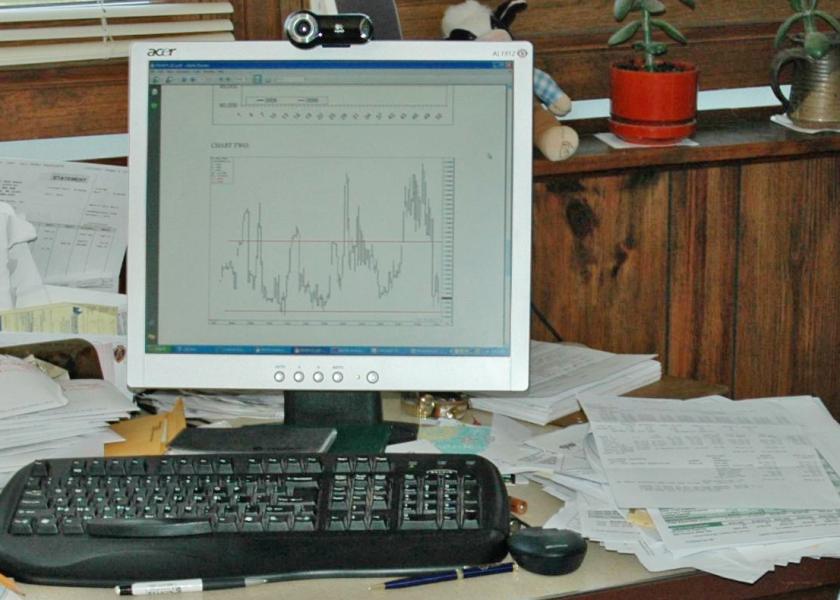Do A Risk Assessment to Gauge Your Farm's Technical Debt

Could agriculture face a Southwest-type meltdown?
Southwest Airlines faced a perfect storm last December when it was forced to cancel more than 15,000 flights. The primary cause? An antiquated software scheduling system with origins in the 1990s.
“Southwest lost all visibility into where their planes and people were,” says Steve Cubbage, founder of Longitude 94. “Reports indicate some employees — not customers — were on hold for 17 hours to report their location. Even when the planes and people were physically in the same place, Southwest still couldn’t put Humpty Dumpty back together.”
Southwest has a huge amount of “technical debt,” Cubbage says, which is a gap between what the technology needs to be and what it is today.
“Agriculture also carries technical debt,” he says “When one takes off agriculture’s rose-colored glasses, the reality is much of the industry’s technology is being held together with digital duct tape and baling wire.”
For example, Cubbage says, the precision agriculture revolution is now more than 30 years in the rearview mirror. Many of those legacy systems are still used on farms today.
As farming and agriculture have evolved, farmers have become increasingly dependent on three networks they can’t control, says Brian Watkins, on Ohio farmer and founder of CropZilla, a farm software provider. The networks are:
- Internet
- Mobile communication
- GPS
“If any of those went down, especially GPS, where would we be? We could figure out how to get things done, but there would be some real gnashing of teeth,” Watkins says.
While farmers don’t have to worry about a meltdown on the Southwest level, they do face technological risks, adds Terry Griffin, agricultural economist and precision agriculture specialist at Kansas State University.
“We’re going to be subject to those types of issues, whether it’s a faulty system or an intentional data breach by extremists,” he says. “Humans built these systems and humans can break these systems.”
INVEST WISELY
Do a risk assessment of your farm, Watkins suggests. What key parts have the potential for failure? Is your data backed up ? Then you can determine how to narrow any gaps.
“We have so many types of technology marketed to us as farmers,” he says. “You have to have a strategy for testing and adoption. People have different strategies, such as being on the bleeding edge or being a late adopter. Most of us try to be in the middle.”
Your goal is to be proactive, as a reactionary approach to adopting technology makes it impossible to deliver what the marketplace demands today, Cubbage says.
“Carbon markets and the digital transparency involved in tracking food through the supply chain are all at risk,” he says. “Southwest rested on its laurels. Will agriculture do the same, or will we roll up our sleeves and get to work?”
Sara Schafer uses her Missouri farm roots to cover crop management, business topics, farmland and more.







